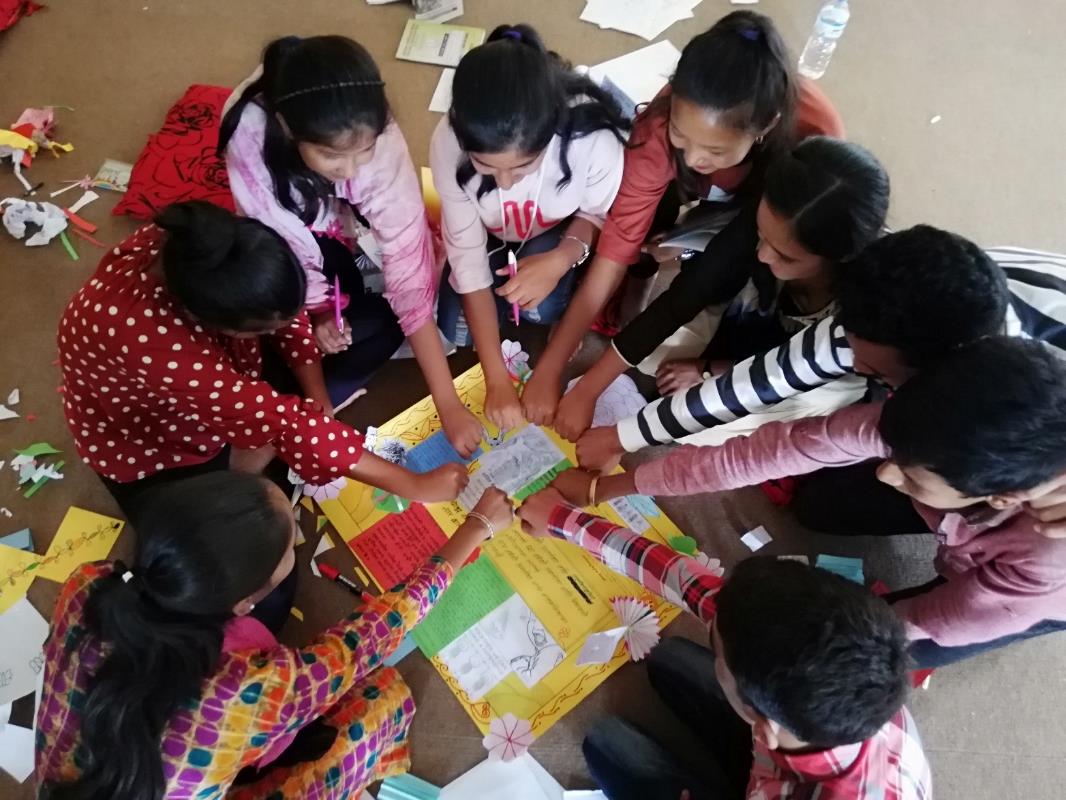About Social Protection Civil Society Network (SPCSN)
Social Protection Civil Society Network (SPCSN) is a dynamic and influential coalition established in Nepal in 2012. Comprising 19 non-governmental organizations (NGOs) and 2 international NGOs, SPCSN is dedicated to advocating for the rights of the most vulnerable groups in Nepalese society, including children (child grants, child rights), the elderly, people with disabilities, trafficking survivors, those with HIV/AIDS, single women, Dalit and the landless. Our mission is to promote access to sustainable and targeted social security, ensuring affordable, transparent, and accountable programs for universally accepted benefit. SPCSN operates on a foundation of values such as networking, transparency, and mutual respect, and our activities are grounded in a real bottom-up process led by marginalized groups and women’s organizations. SPCSN highly promote shock responsive social protection and formulate policies for the same with Nepal government for its proper implementation. SPCSN has been working and advocating for the rights of vulnerable groups including women, children, elderly people and people with disabilities by providing emergency assistance during shock as well as building shock responsive systems, plans in advance of a shock to better prepare for emergency response. At present, it is formally registered in the District Administration Office (DAO No. 5769/077/078), Lalitpur in March 2021 and has been affiliated with the Social Welfare Council (SWC No. 52522)

Mission
All citizens access the social protection schemes with no one left behind
Vision
Poor and marginalized citizens will have access to social protection as a fundamental right and grease transparency and accountability in the country.
Goal
To play an effective role as a leading network to establish the access of target and beneficiary communities to social protection programs run in Nepal.
Achievements
SPCSN has successfully established strong partnerships with the government, partner agencies, and stakeholders, facilitating effective coordination. We’ve developed comprehensive social protection strategies focusing on child rights, leading to the expansion of child nutrition grants across 11 districts. Research reports on the status of social protection in two palikas: Kalaiya-Bara, and Helambu- Sindhupalchok, have been conducted. Our input on the National Social Protection framework was largely incorporated, recently endorsed by the Government of Nepal. Additionally, SPCSN published three volumes of the SP Journal, enhancing understanding of social protection policies. We’ve analyzed the major eight political party manifestos, facilitated policy dialogues through broadcasts, and organized TV talk shows to raise awareness on social protection. SPCSN has fostered solidarity among civil society organizations and engaged in dialogues with parliamentarians to advocate for child grant expansion and shock-responsive social protection. Our commitment to research and publication continues to drive impactful initiatives in the field of social protection.
Way Forward
Establishing a continuous coordination mechanism among local, provincial, and federal levels of government. This can be achieved by fostering networking both nationally and at sub-national levels. Moreover, endorsing an integrated social protection framework that caters to the diverse needs across these governmental layers is essential. Advocacy for informal workers’ rights would be a priority, engaging with stakeholders for comprehensive support. Assistance in formulating social protection policies and strategies at the provincial level across all provinces is imperative, ensuring preparedness and swift responses to various shocks. Expanding the child nutrition grant’s coverage beyond 25 districts and adjusting the amount is crucial, with a focus on strengthening the capabilities of all governmental layers in social protection. Collaborating with governments, development agencies, and relevant authorities is essential for promoting social protection rights. Collaborating with organizations like NARMIN and MuAN can facilitate the implementation and extension of social protection coverage to all citizens, fostering a more inclusive and resilient society.
Strategies
Evidence based Advocacy and Lobby
Networking with like minded Organization
Knowledge Transfer and Exposure
Intervention Research
Target Intervention
Media Mobilization
Participatory Planning and Implementation
Publication (journal, posters, handbook etc)
Influencing policies and advocacy.